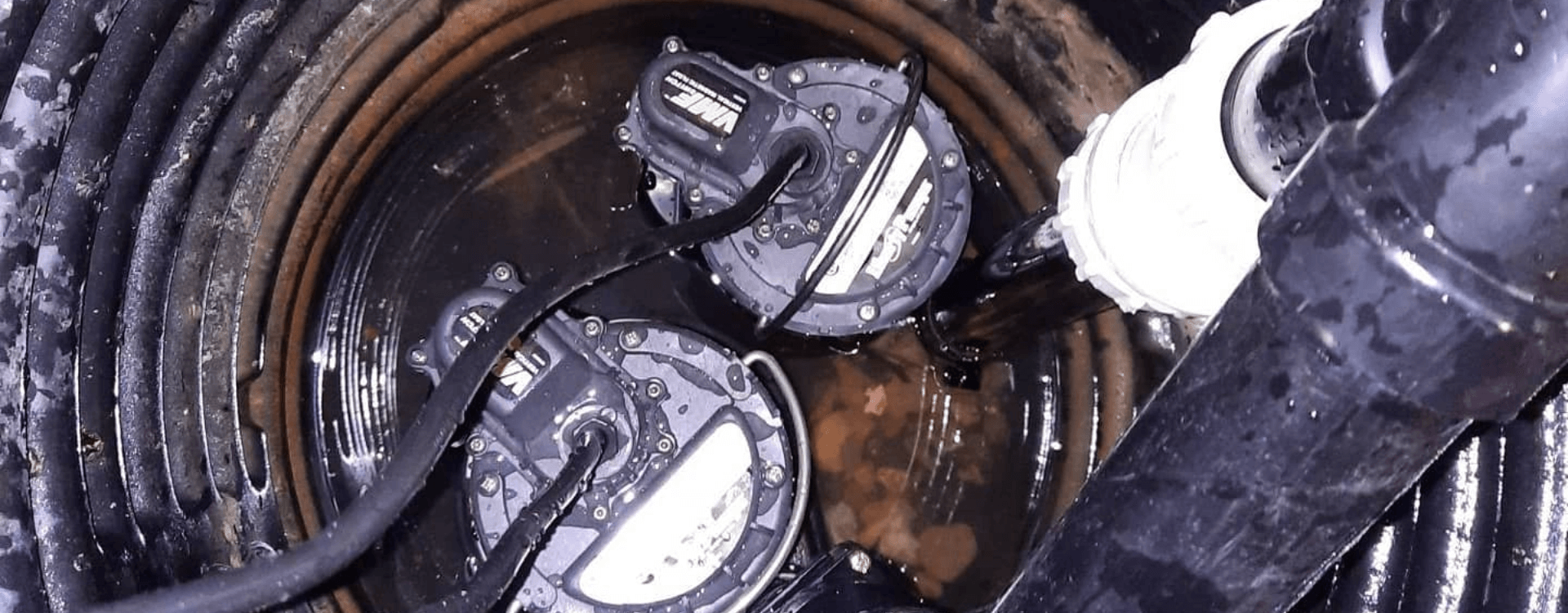A power surge is a burst of electrical feedback that travels through our cords and wires and can cause small or significant damage to our electrical devices, either instantaneously frying them or shortening their lifespan slowly over time.
Energy-Efficient Appliances
One of the most significant contributors to power surges in homes is old, outdated, power-wasting appliances. Our ovens, dishwashers, washing machines, clothes dryers, microwaves, and air conditioners can all suck significant power from our houses. If we have too many of these devices plugged into the same place, we will likely see an upswing in power surges in our home. Consider investing in energy-efficient devices which will use less power and protect your house at the same time.
Surge Protectors
For your more obviously expensive devices such as computers, big screen TVs, and costly Bluetooth speaker systems, plug them into power bars that also have surge protectors built into them. Contrary to popular belief, not every power bar has a surge protector in it. A protected bar will cost you more money but will be worth the investment.
You can also invest in surge protection devices that will cover your entire house. Some may be installed outside of your home and others will be put in on your breaker box. Either way, they will work to protect your entire house from surges.
Upgrade or Repair Wiring
If you have highly noticeable issues in your house with power such as dimming lights, buzzing noises, the occasional smell of burning plastic, or your breakers or fuses getting tripped or burnt out, you likely have problems with your wiring. In many older and current houses, wiring can become frayed, damaged, or brittle which can lead to complications. To protect yourself and your home from power surges, have a professional come in to inspect your wires and identify any problem areas.
Get Smart with Plug Sharing
Power surges happen most often when a circuit is overloaded by a powerful device that uses more electricity and puts off more power than the circuit can handle. The surge will be device and outlet specific. Anything that is sharing the same outlet or extension cord as the device which caused the power spike will be at risk of getting damaged as well. Don’t plug your smartphone in with your ancient window air conditioning unit or your laptop in with your dishwasher and microwave.



